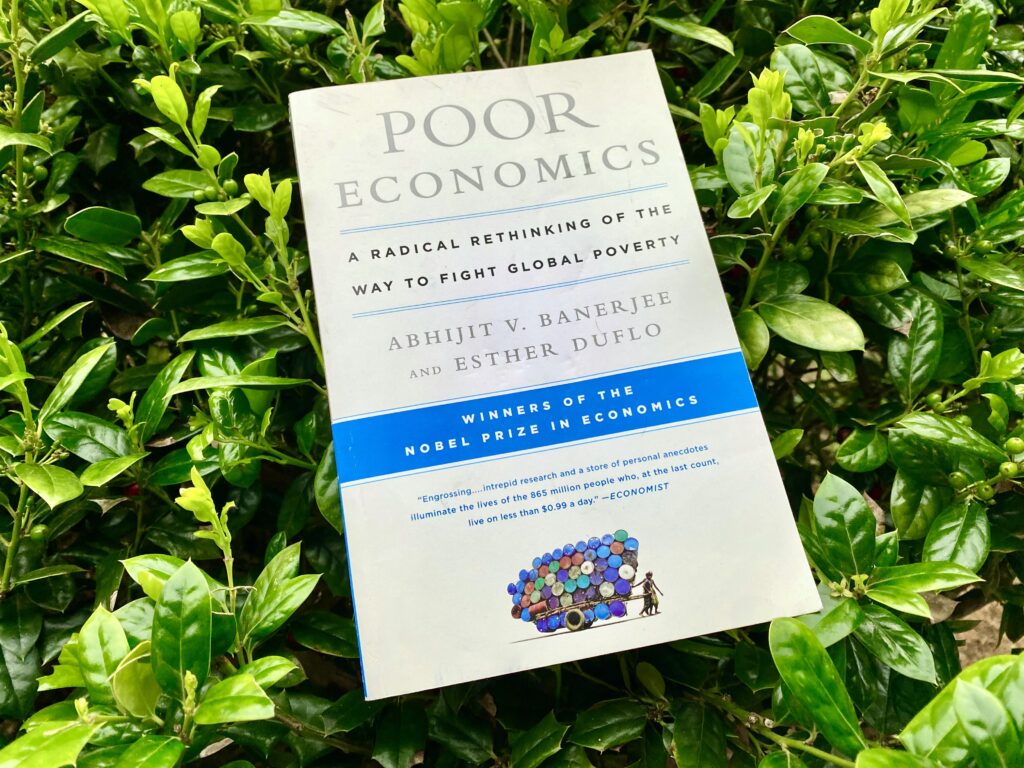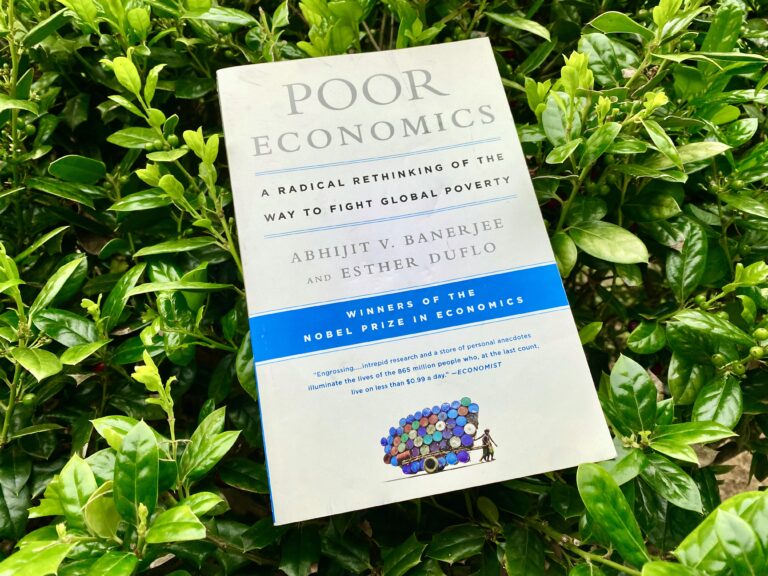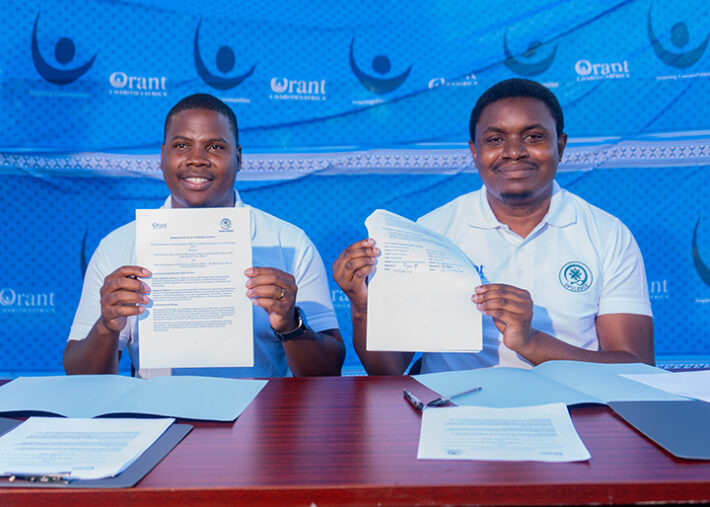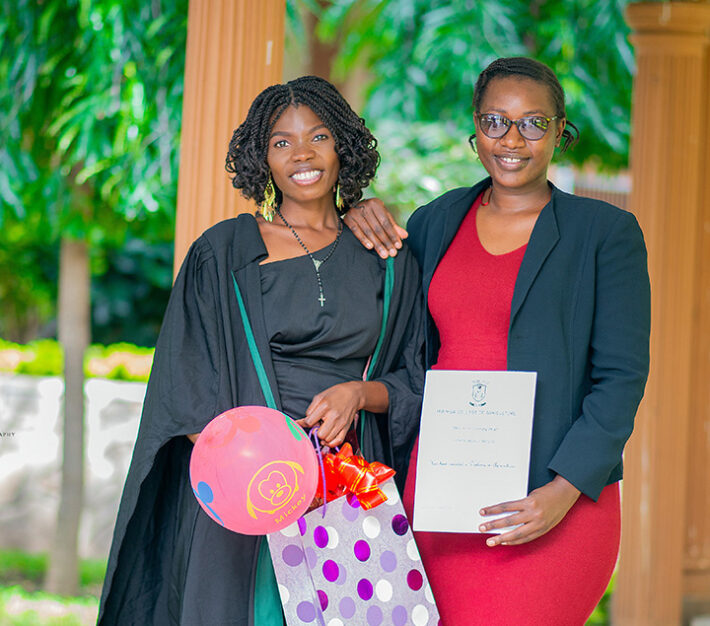Poor Economics Book Review: Overcoming the Poverty Trap

A look at the causes of global poverty

Poor Economics inspires us at Orant Charities. It both accurately describes causes of global poverty and offers realistic approaches to overcoming it.
Abhijit Banjeree and Esther Duflo, the Nobel Prize winning authors of Poor Economics: A Radical Rethinking of the Way to Fight Global Poverty, write “Poor countries are poor because they are hot, infertile, malaria infested, often landlocked; this makes it hard for them to be productive without an initial large investment to help them deal with these endemic problems.”
Poor economics and the poverty trap
Poor Economics points out that those living in poverty are often stuck in a cycle of debt. They might have to take out high interest loans in order to buy food in years where the harvest is bad, and then use any spare money to pay back those loans. Because of this cycle, people are not able to invest into a new business or amass any savings. Without savings, there is no cushion in case of a medical emergency or a sudden need that arises. This results in having to take out more loans, thus keeping people trapped in poverty.
What do poor people need to get out of poverty?
After exploring many case studies across the developing world, and delving into the financial ramifications of extending massive aid to poor countries, the authors conclude that people living in poverty need a few things to be successful: proper education, enough food, and good health. If those things are accessible, then people can lift themselves out of the poverty trap, and if people can read and write, have full bellies, and aren’t suffering from illness, they are much more likely to achieve their goals and become successful on their own. Aid provided to the developing world can achieve this goal, allowing people the freedom to seek out the life they dream of.
Working to overcome poverty
Poor Economics does not outline how to end poverty, as there is no simple solution. It does, however, tell us that if we want to fight poverty, the best way to do it is to study what works and what doesn’t. In 2003 Duflo and Banerjee co-founded MIT’s Abdul Latif Jameel Poverty Action Lab (J-PAL) to do just that: use real world studies to see how effective aid programs are.
Orant Charities and Poor Economics
Orant Charities’ staff first discovered Poor Economics in 2019, which inspired Orant to focus on the data-driven and holistic approaches that define our work today.
Our holistic programs work to ensure the people of Malawi are empowered to achieve success through their own efforts. To get a better understanding of the specific challenges that Malawi faces, read our blog Why is Malawi Poor? Read more about Orant’s programs here.




